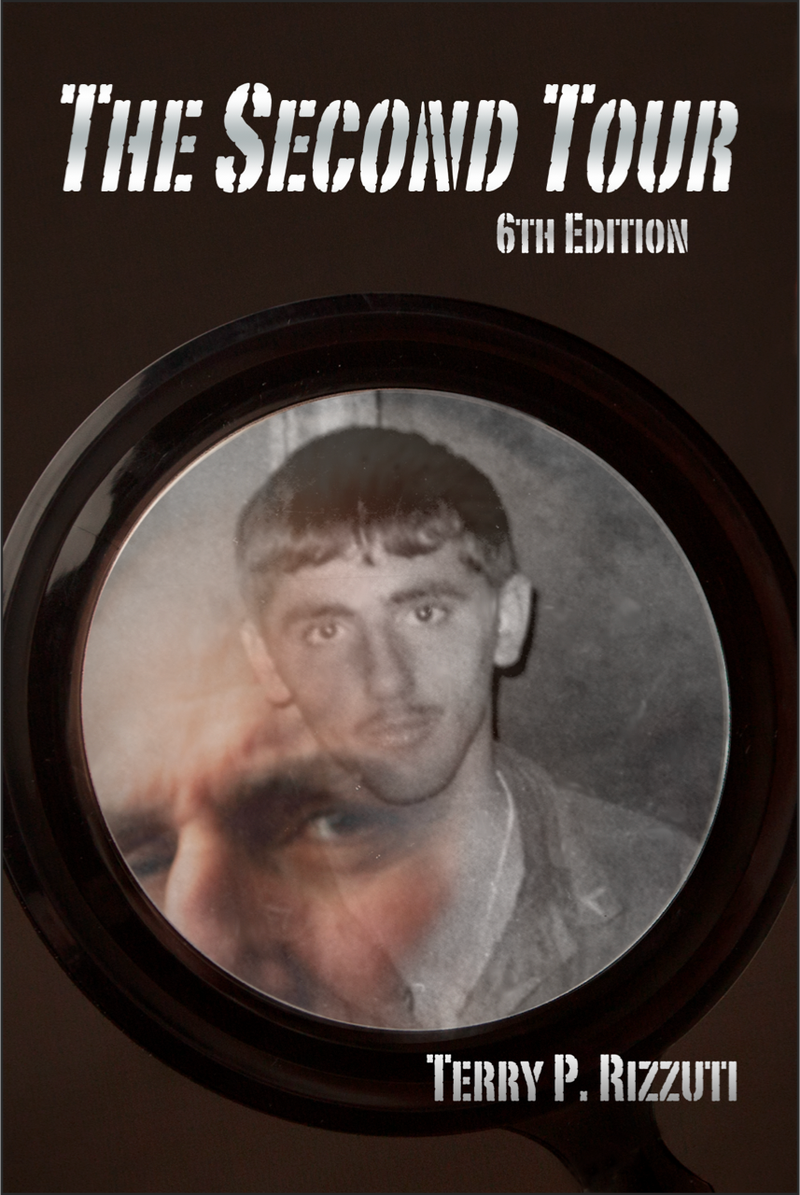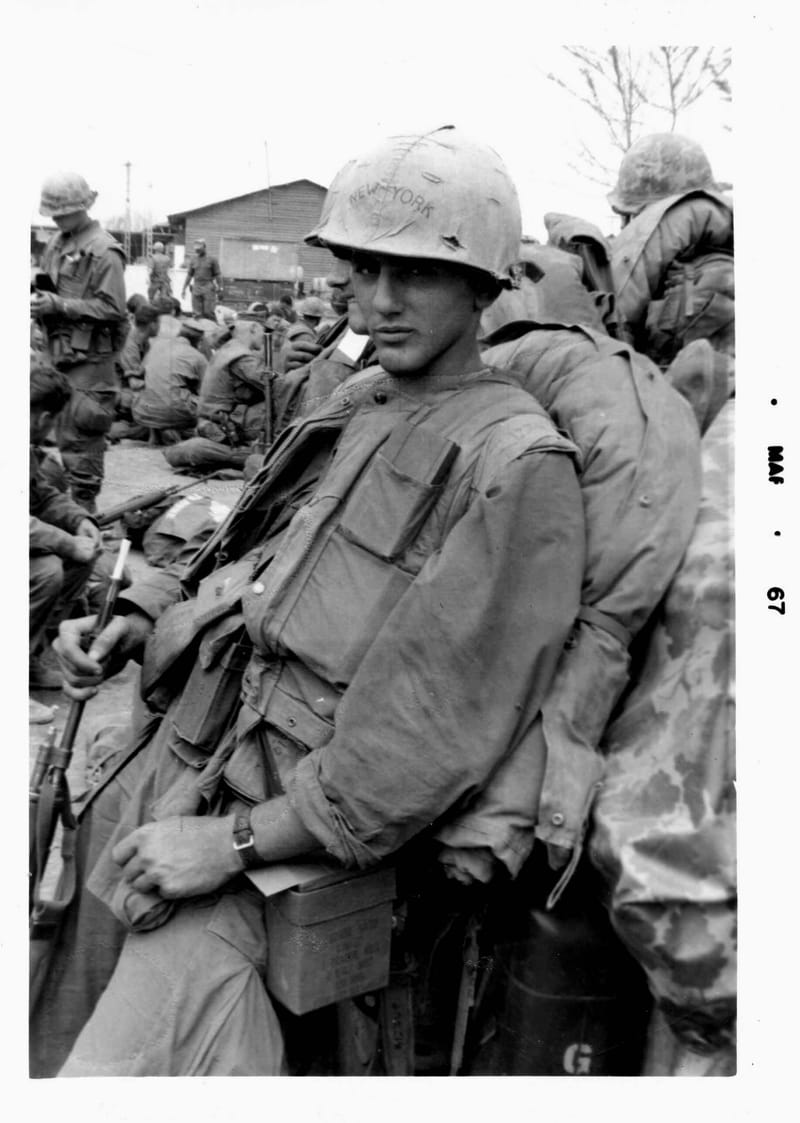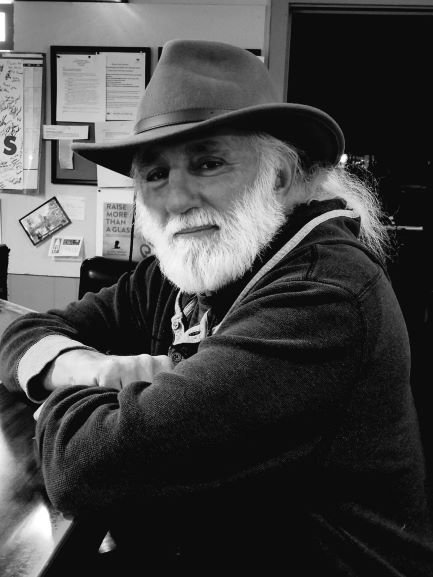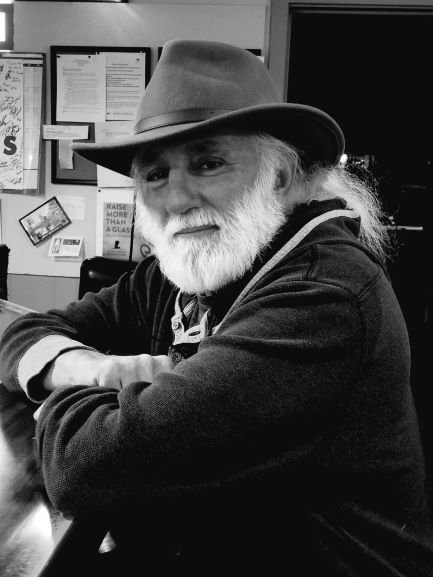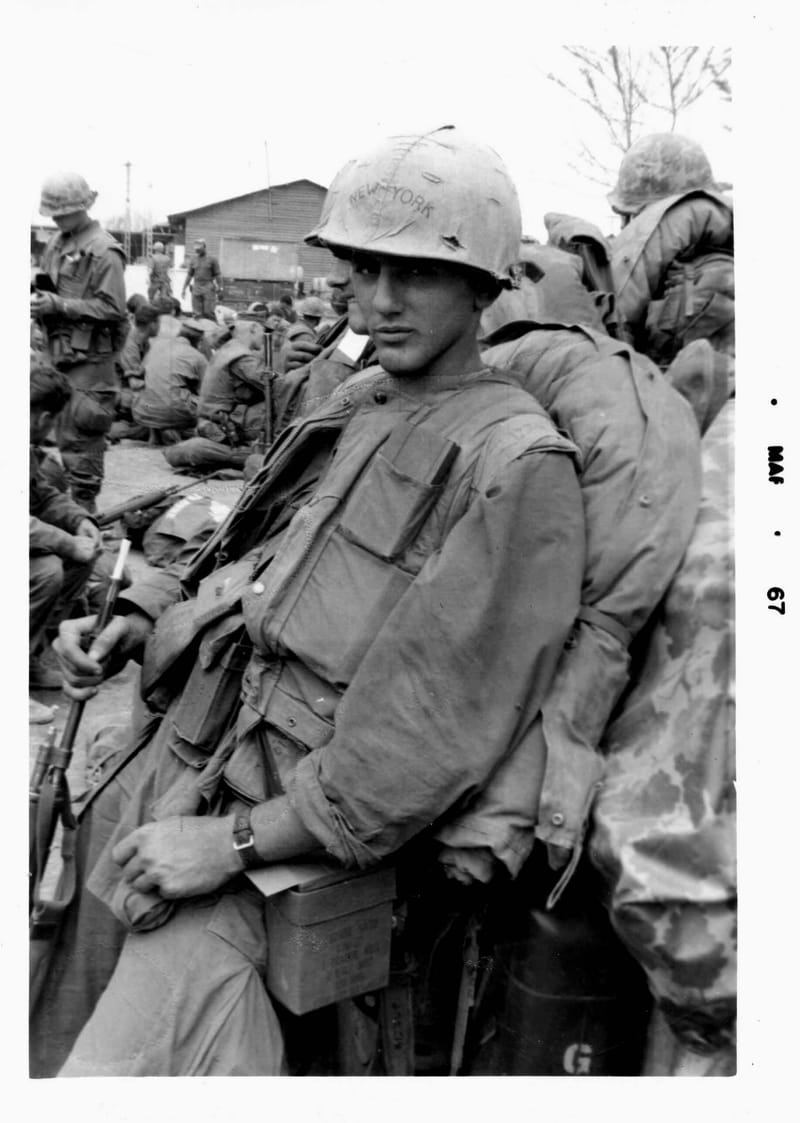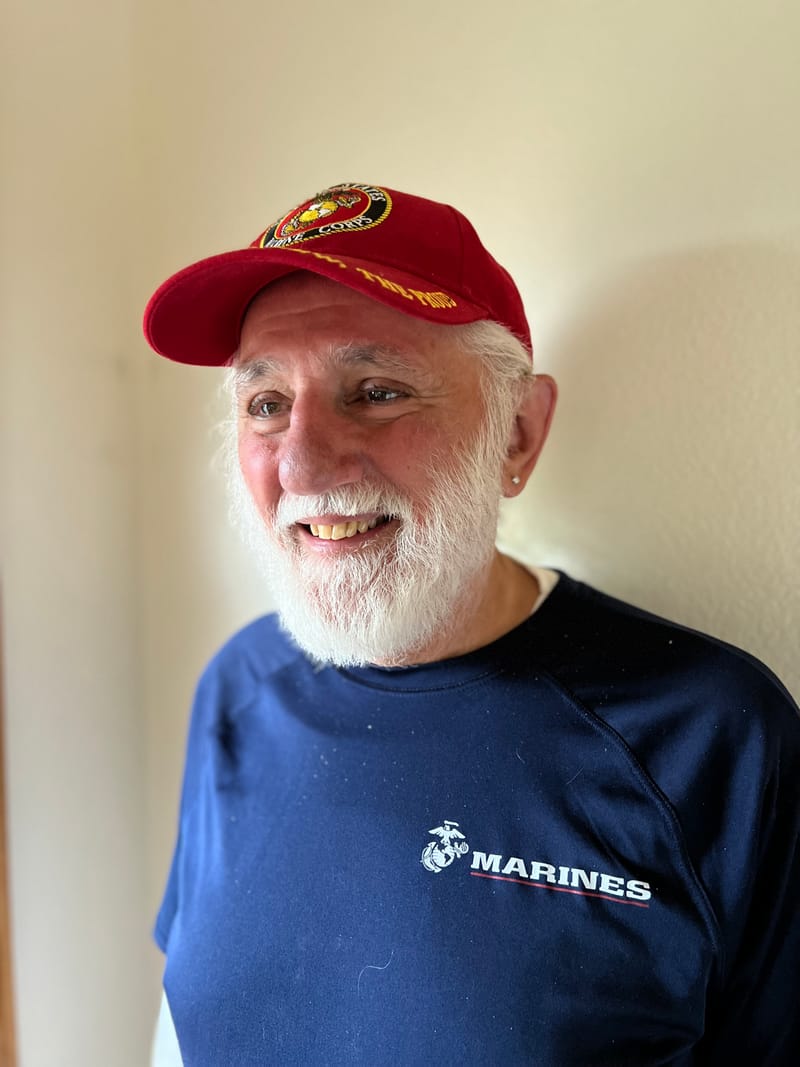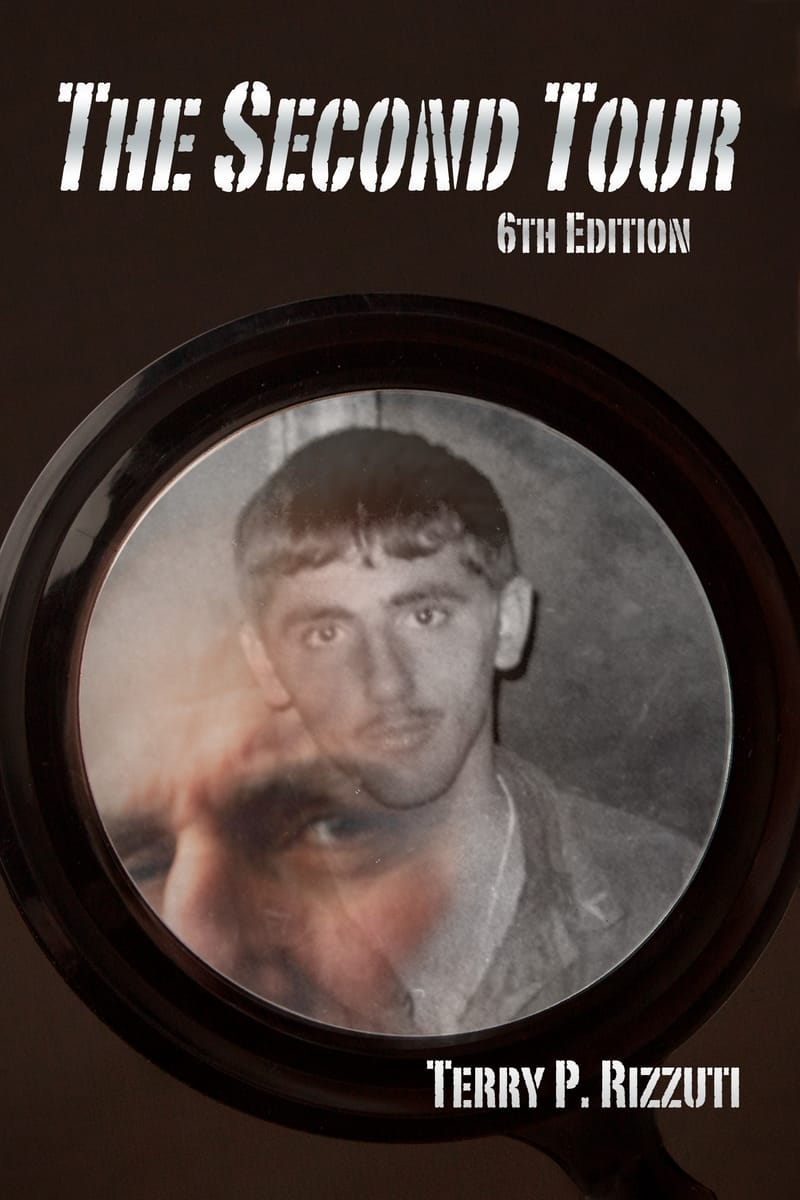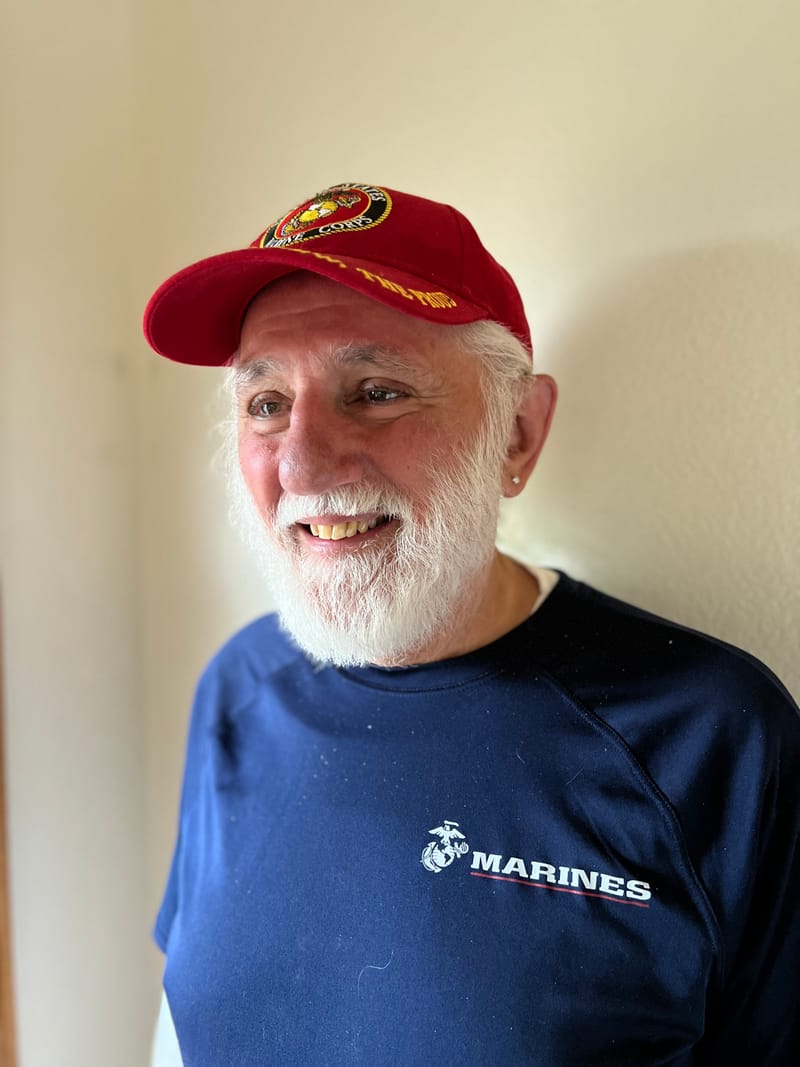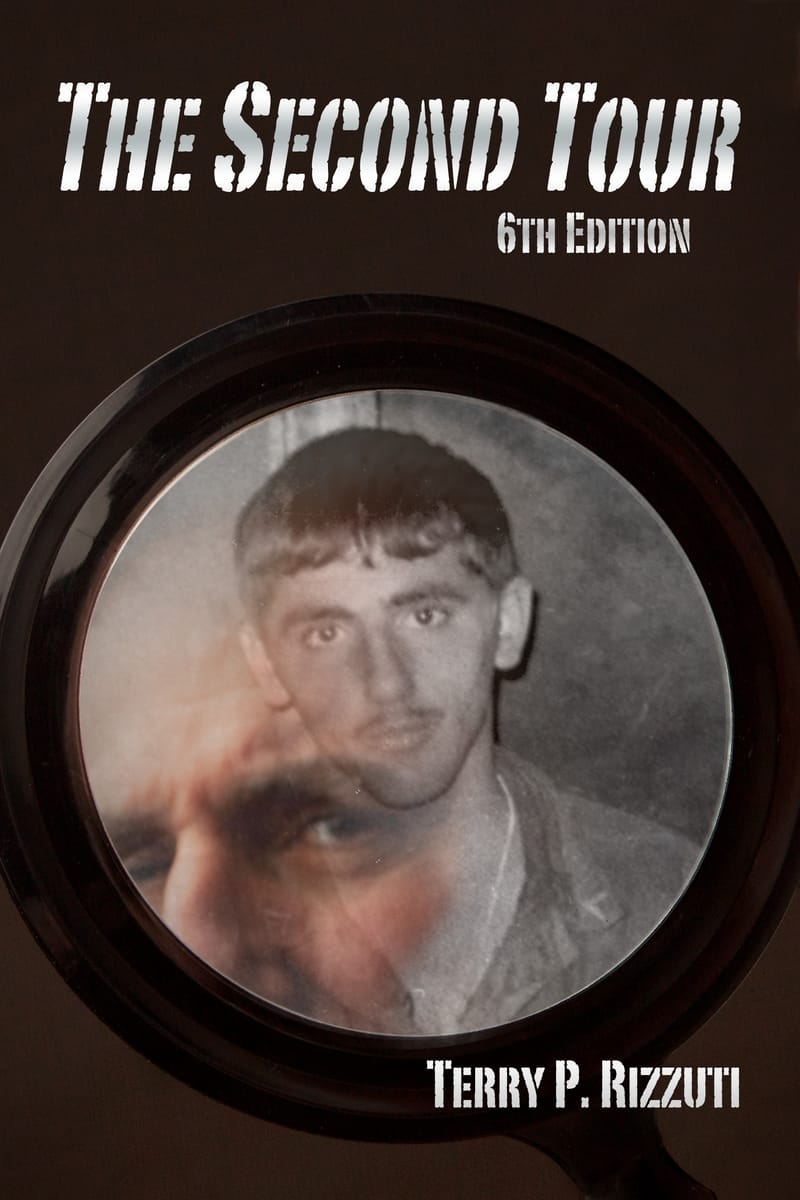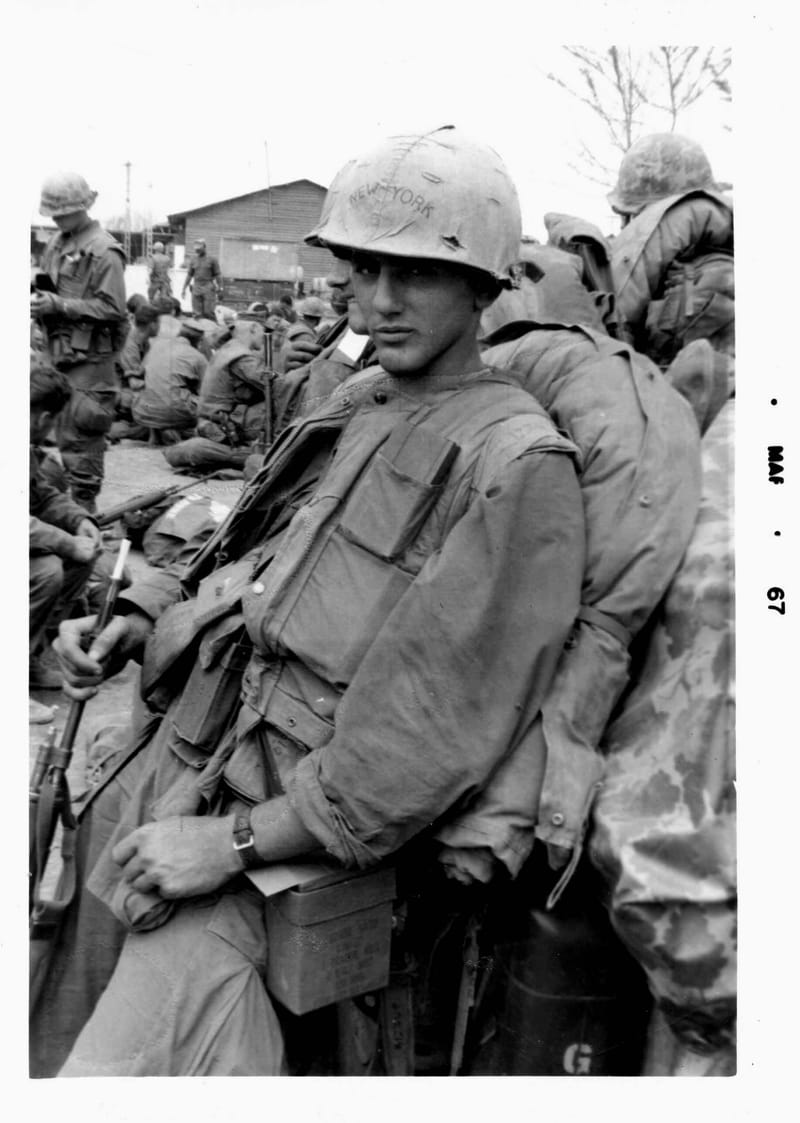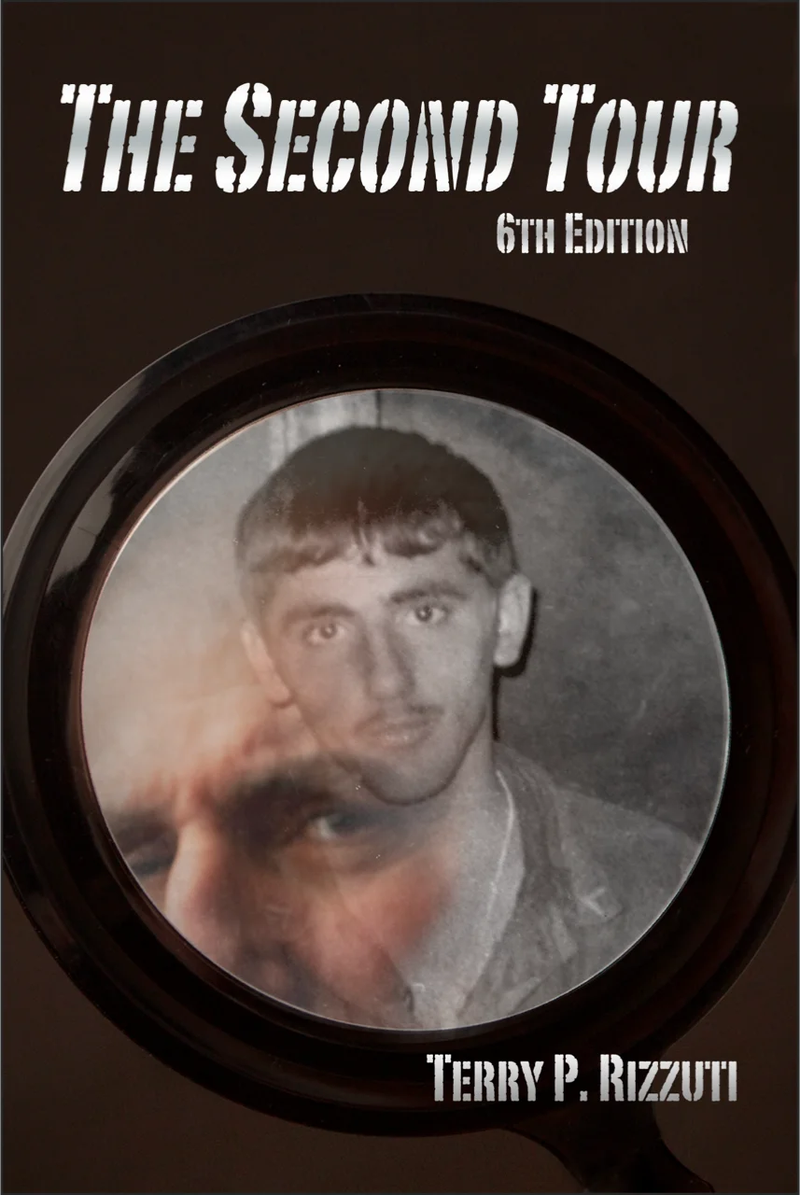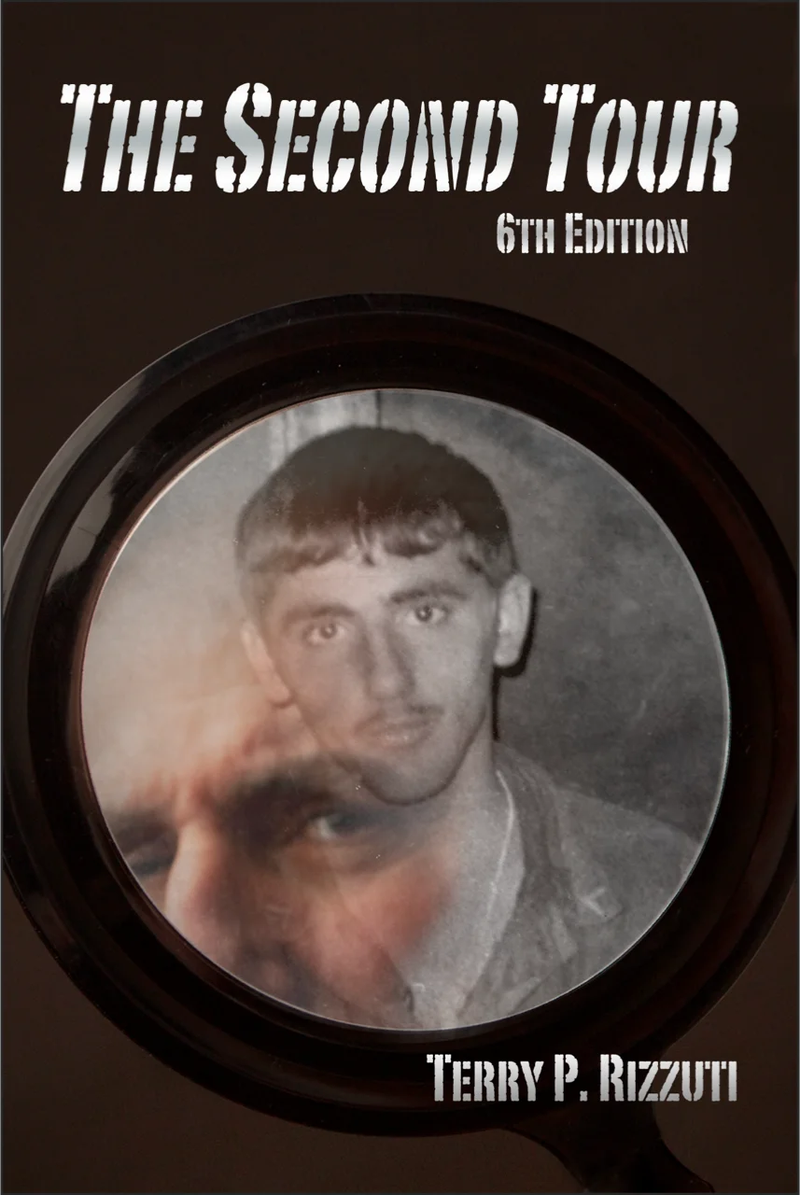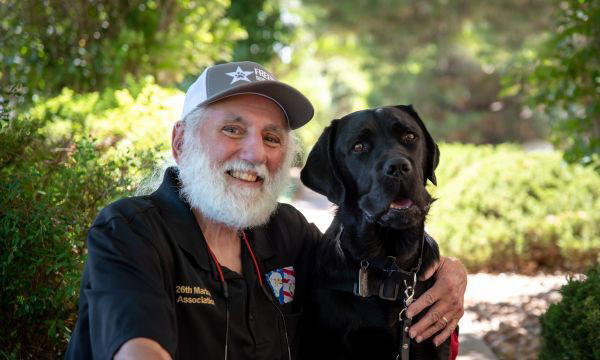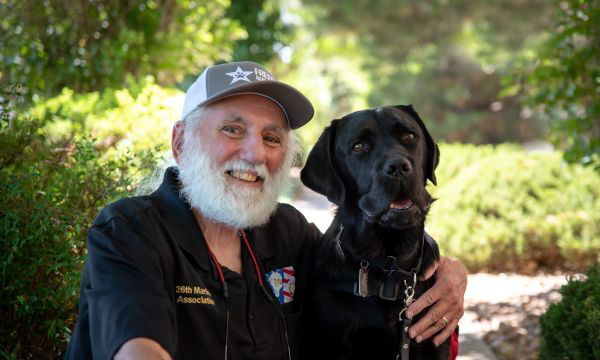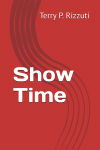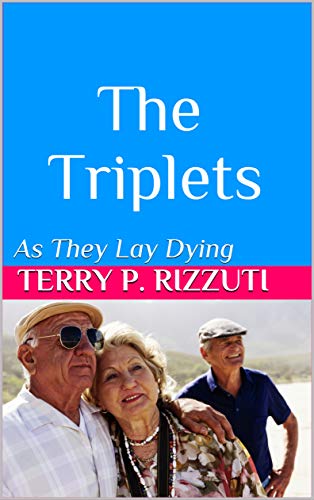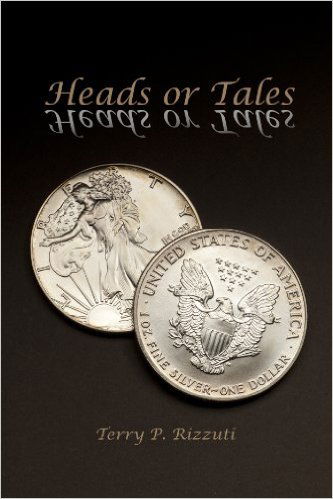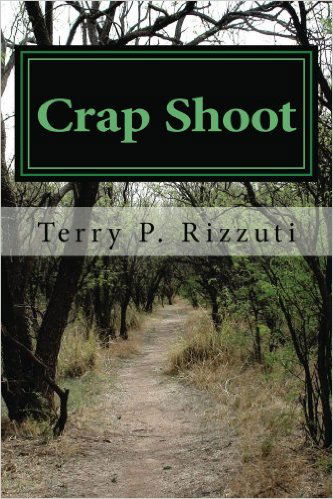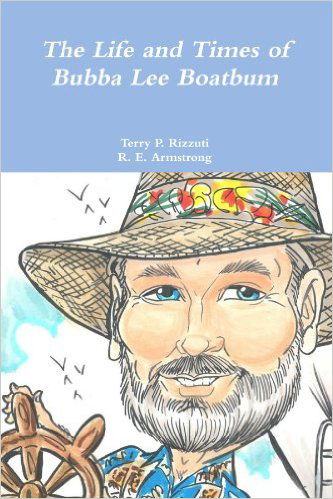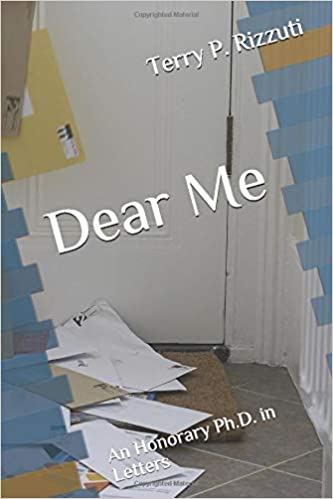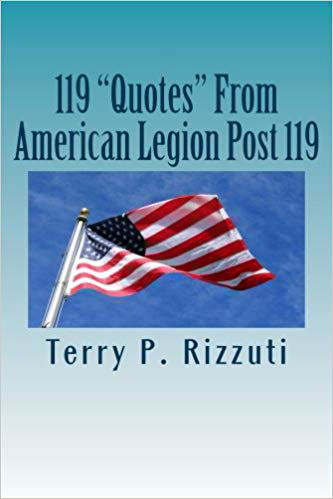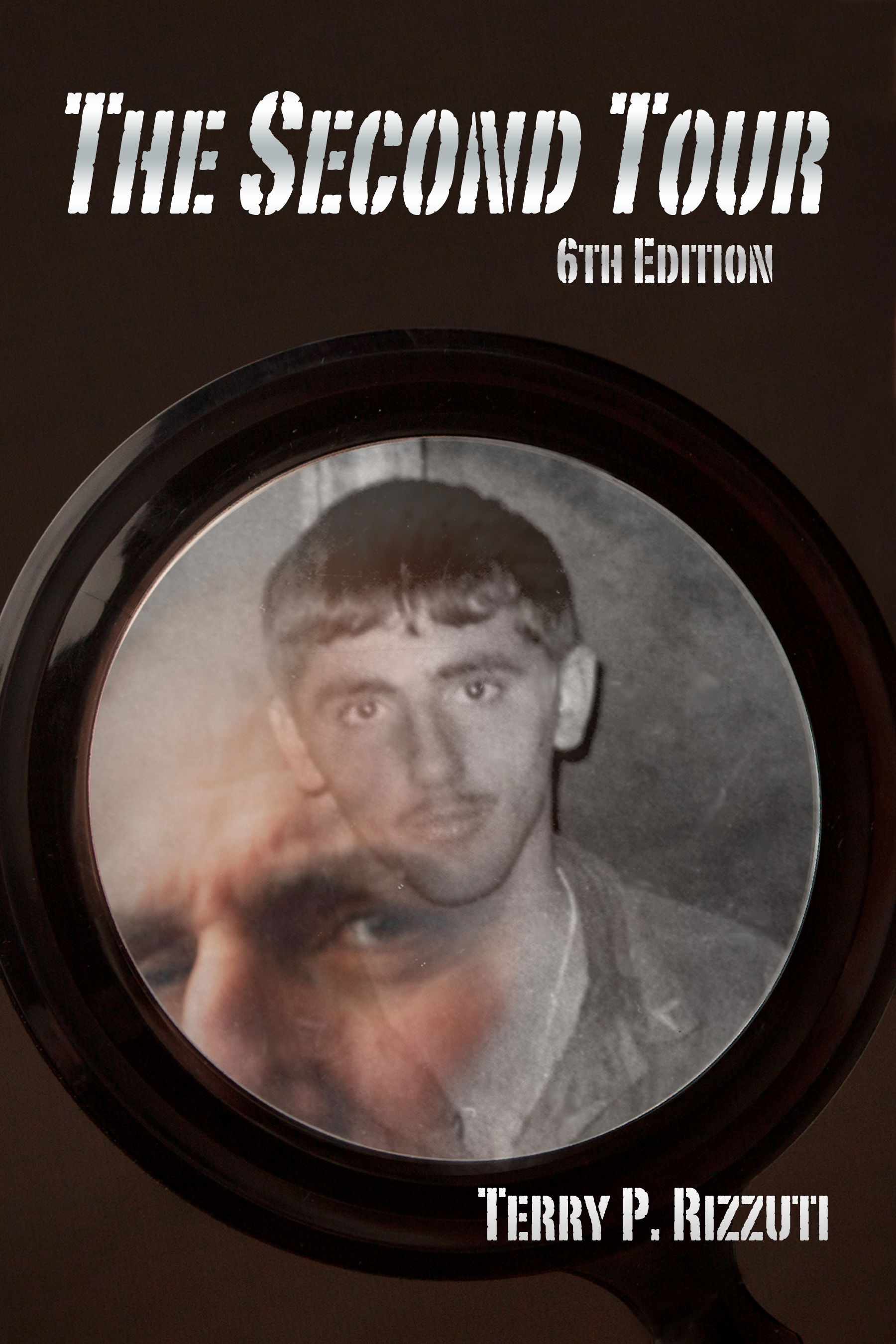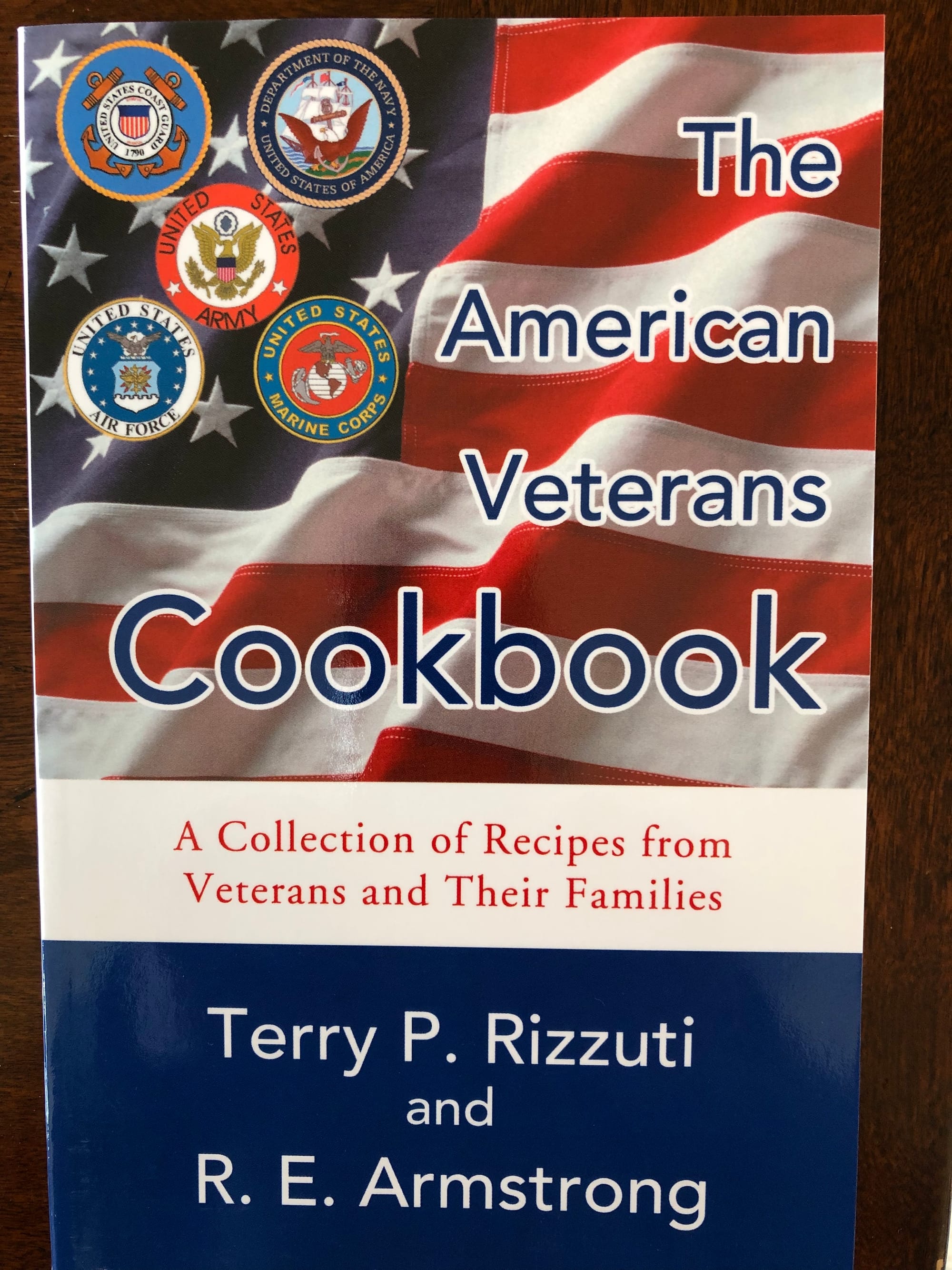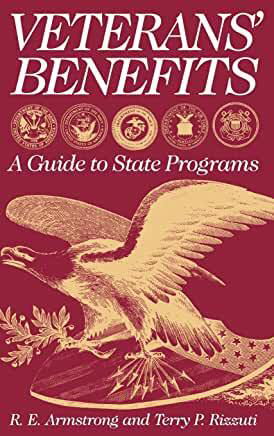1) Infinity Publishing Interview (2013): Suffering Seacil: For Better or For Worse (Now titled Show Time)
• Here’s your chance to market your book. Describe it. And why readers should pick it up?
Suffering Seacil: For Better or For Worse is what I call antagonistic fiction, a story whose main character is the antagonist, a bad guy representing one of society’s major ills — in this case, a perpetrator of domestic violence. In effect, antagonistic literature serves as a catalyst, a call to action, so please join me in the fight to raise our children in a culture that respects all people regardless of differences.
Suffering Seacil addresses contemporary dysfunctional male/female relationships. It tries to answer questions like: “Why does a woman stay in an abusive relationship?” “How can a woman rise above such a relationship, gain self-reliance, achieve freedom and find enough trust in other men to once again allow herself to be vulnerable?” “How can a women break the generational chain of abuse that occurs between abusive men and their sons, i.e., raise a son that learns to respect women?”
Several types of readers can gain insight by reading this book. First and foremost, young women can learn to recognize the “early warning signs” of such a relationship. Men can learn how not to treat women (and why). Additionally, social workers, sociologists, psychologists, attorneys, judges, politicians and police officers can benefit from reading this book.
• How did your book come to life?
It started around 1994. I was struggling with the issue of PTSD, specifically whether or not single-incident trauma experiences could induce symptoms of PTSD every bit as troubling as those found in combat veterans that experienced multiple trauma incidents. I couldn’t see how that might be so, but my reading led me to theorize that women in long-term abusive relationships probably could share symptomology, so I wanted to examine that possibility from a fictional perspective.
• Who is your favorite character in your book and why?
That’s not a fair question. Every good fiction writer “becomes” his characters as he or she writes. We must temporarily step into and live in their shoes, see the world through their viewpoints. So in a sense they’re all our favorite characters, but in this case, it’s easier for me to discuss Seacil because he’s my least favorite character. Pure and simply, I don’t like Seacil. He stands for every aspect of human maleness that I detest. He’s arrogant and obnoxious. He’s manipulative and self-serving. He’s weak and cowardly. In short, he’s honor-less. And yet, he’s a product of his upbringing in a male-dominated culture that overall still sees and treats women as subservient, as objects to be owned.
• How did you name your characters?
I don’t remember how I came up with the name Molly. Bobby, short for Robert, is one of my favorite male names. Seacil is a variant of the more common spelling of Cecil. I wanted a name that was unusual, memorable, yet suggested weakness, so a friend of mine asked me to “think of Cecil in gym class,” which immediately, for me, conjured the image of a 97-pound weakling. (Note: all you Cecils out there, please don’t hit me!)
• Are the characters in your books based on people you know?
I think there’s truth in the statement that it’s impossible to separate one’s writing from one’s experiences, but with the slight exception of Bobby, who’s loosely, very loosely, based on me, i.e., my own experiences, the characters are mere figments of my overactive imagination.
• Why do you think your readers are going to enjoy your book?
It’s going to reveal a world too often swept under the rug, that of abused women and combat veterans suffering from stress disorders, while simultaneously point them in the direction of the kind of hope and happiness that can only derive from love between people who simply let their partners be themselves.
• Are your characters’ experiences taken from someone you know, or events in your own life?
Bobby’s experiences are fictionalized versions of my own.
• How long did it take you to write your book?
I started Suffering Seacil in 1995 and worked on it for about four years. Then I set it aside for about four years, then came back to it for a few months, then set it aside for about four more years and came back to it again for a few months. During that time, however, I kept carving out excerpts and sending them to print and on-line journals. Three excerpts titled The Redwing Blackbird, Walls and Crossing Over were respectively published in War, Literature & the Arts, Connecticut Review, and Octopus Beak, Inc. Then, in the summer of 2012, I picked up the manuscript once more and did my final revisions over several months.
• Who designed the cover?
I came up with the concept and Infinity Publishing designed the cover.
• Did you learn anything from writing your book that was unexpected? (What was it?)
Yes, I learned that it was very difficult to come up with a satisfactory ending, so I wound up with two endings. I also learned that there’s a direct relationship between abusive men and their interest in sex, particularly pornography. And I learned that abusive men are themselves often victims of abusive parents.
• How do you start writing a new book? What comes first? The characters? The story?
Typically, a single character comes first, and perhaps even a name for that character; or I get a feeling, a very strong feeling that grabs me in the gut and won’t turn loose. Then I simply let the story take me where it wants to go. Some would say the muses take over, and I would agree with that.
• Do you like to write series? Or single titles only?
Single titles only. I don’t typically like serial novels, although Lord of the Rings was exceptional. I’m a slow reader with limited time for reading. I want to get to as many stories and writers as possible and not get bogged down in some personal relationship with a specific writer and their never-ending story. Most novels early in a series don’t have satisfactory endings; they have unanswered questions and “hooks” to get readers to buy the next novel in the series. I think today’s interest in serial novels is because publishers like them. They’re a marketing ploy, one that contractually locks-in young writers (and readers) with the same publisher for life.
• Can you describe your main character in 3 words?
Seacil is intelligent, charismatic and witty.
• Can you describe your heroine in one sentence?
Molly is strong intellectually and emotionally, a professional woman and survivor of life’s hardships.
• Can you describe your hero in one sentence?
Bobby is a combat veteran and excellent male role model.
• Without giving away details, can you describe one interesting scene in your book in less than two sentences?
If it’s fewer than two sentences, that means one, so here goes – Molly blames herself for the death of a young girl she was employed to babysit, and struggles to rise above her feelings of guilt in order to reach out to the girl’s grieving mother.
• In two sentences or less can you tell readers something unique about your book?
Molly and Bobby turn to art as a form of self-therapy, she to weaving, he to writing. Her “masterpiece” suffers one fate, his another.
• List three adjectives that describe your book as a whole:
Graphic, Realistic, Metaphorical
• Where can a reader purchase your book?
Infinity Publishing Bookstore
Amazon
Barnes and Noble
Through local bookstores.
• What other books are most similar to yours?
Black and Blue, maybe?
YOUR WRITING
• Who inspires you?
My wife inspires me with her work ethic, her push to accomplish something, anything, every single day, and she inspires me with her praise of my work and what I’ve accomplished through that work.
• Where do you find your ideas? Does something trigger them? Do you carry around a notebook in case inspiration strikes?
I don’t find my ideas, they find me. Often something triggers that. I used to carry a notepad, but now I type them in the Notes app on my phone.
• How do you research your books?
Typically I don’t research books; I work strictly from imagination. However, in the case of Suffering Seacil, I had to research the male abusive personality because there was nothing in my upbringing that led me to an understanding of the kind of man that could beat a woman and back-stab all those around him.
• Have you written your entire life? Have you always considered yourself a writer?
I started journal writing at a pretty early age but didn’t consider myself a writer until my first piece was published in 1996, an excerpt titled Fragments from my novel titled The Second Tour.
• Why do you write? Is it something you’ve always done, or always wanted to do?
I write for therapeutic reasons. In a sense I have to write. I’m driven to it. It keeps me off the streets, out of trouble and sane. I see the creation of art (any genre of art) as a means for instilling personal pride, and as a gateway to maintaining sanity in our modern and often chaotic world.
• What is your writing process?
I’m a morning person. I do my best work then, so I start right after I’ve had my coffee, something light to eat, and have showered. It helps a lot that I have a certain workspace that’s all mine, a place free of interruptions and distractions. I set aside X-amount of time to write – say two hours – and then I just crank away. It doesn’t matter what I write, I just write. The next day, I start by reading what I wrote the day before, revising as I go. That could mean deleting everything and starting over. The third day, and so forth, I start reading from the very beginning to get into the flow, and then continue writing. At some point in the process I notice that I’m no longer revising the first 5, 10, 50 pages, whatever. That tells me I’m satisfied with that portion, so I start reading and revising from that point forward. Once I’ve finished a piece, I start over from the very beginning and go through the whole manuscript. Finally, I do one last run through looking for ways to reinforce metaphorical meaning. I’m not suggesting this would work for every fiction writer, but it works for me. As for non-fiction writing, my process is similar but includes time for research, note taking and outlining.
• If you could visit a place for research, where would it be?
The Library of Congress.
• Where do you want to go with your writing career? Where do you see your writing career in five years?
I’ll be surprised if I’m still a writer in five years. My guess is I’ll be an author at that time.
• What is your work in progress? Tell us about it.
I don’t like to talk about or show works in progress for fear they might get jinxed or wind up incomplete.
• What are your thoughts on self-publishing verses traditional publishing?
I think every writer should give traditional publishing their best shot. After say, six months’ or a year’s worth of rejection followed by serious and honest introspection about the value of one’s work, I recommend going the self-publishing route.
• If you were told your stories were unbelievable and not written very well, would you continue to write? What would your response be?
I would continue to write because that’s what I do and who I am, but I would look closely at who said exactly what to me about my writing, and investigate whether that assessment was based in fact. If I agreed that it was, then I’d look at the possibility of enrolling in literature classes (not writing seminars). I believe our best writers are first and foremost excellent readers. They’ve studied the works of those who’ve preceded them. They don’t sit in seminars studying formulaic forms of writing. They don’t go to college to learn how to write, they go to learn how to read.
• Would you ever consider converting one of your stories/published books into a screenplay? And if you could corroborate with someone, who would it be?
Yes, I would consider it but wouldn’t have a clue who to corroborate with.
• Who or what inspired you to become a writer?
My mother, my high school English teacher and several college professors inspired me to write.
• While writing how many times do you go back and rewrite a plot?
I have a degree in English Literature and have worked as a technical writer/editor, so I have a pretty good understanding of the importance revision plays in the writing process. In other words, I revise as many times as it takes to bring the story to my level of acceptance.
• Which do you prefer to write – full length novels or short stories?
I used to prefer novels, then short stories, then flash fiction, now poetry. I think something to do with aging has led to a drop in my attention span, and that has led me to appreciate shorter and shorter works.
• Do you have a specific writing style?
Yes, my style is a form of stream of consciousness. I strive to find that mysterious interface between form and function, between the structure of a piece and its message. I try to read that way, too.
• What are your strengths as a writer?
I think I am best at creating realistic action-packed scenes. I don’t get bogged down in detailed descriptions of setting. I’m much more interested in who’s doing what and why.
YOUR PERSONAL LIFE
• Where did you grow up? How did your hometown (or other places you have lived) inspire your writing?
I was born in Oklahoma but raised in upstate New York. There’s a lot of Revolutionary War history in that part of the US. It’s also beautiful, with mountains, woods, swamps, lakes, canals and rivers. And it’s familiar territory, so I used it as the backdrop for Suffering Seacil.
But I also recognize that I “grew up” in Vietnam as a young, dumb, low-level combat Marine. War taught me everything I know about the human condition, revealing to me everything from the ultimate altruism to the ultimate evil, the stuff from which great literature is born.
• Do you like to travel? If so where is your favorite city?
I like to travel by car, and have crisscrossed every state but Maine and Hawaii. I hope to do Maine this year. My favorite city is probably San Diego, followed by Washington D.C., but to be truthful, I’m not crazy about cities – I like country.
• What is your favorite food? Do you have a favorite restaurant you’d recommend if we ever visit your city?
I like seafood best, and recommend Twin Owl’s Steakhouse if you find yourself in my neck of the woods.
• Does your family support you in your writing career? How?
Absolutely! My wife is my biggest fan and never tires of telling me so . And even though I don’t make a profit from my work, she always urges me to press on.
• When you go into a bookstore, where do you go first?
I head straight for the fiction section or military section first, then wander over to wherever the best sellers are. After that, I usually head to the writing section.
• How many books in a month do you read?
I read one to two books per month, usually at the same time.
• What are you currently reading?
I’m nearly through reading Billy Lynn’s Long Halftime Walk, by Ben Fountain, and The Liberator, by Alex Kershaw. I’ve also just begun Jonathan Franzen’s Freedom.
• What is the best book you’ve read?
Hands down, Blood Meridian, by Cormac McCarthy, is the best work of fiction I’ve ever read. I think it’s a masterpiece, and I think McCarthy’s mastery of the English language puts the rest of us to shame.
• What is your favorite genre?
Without a doubt I like fiction best but often venture into so-called nonfiction. Within fiction, I gravitate toward literary fiction, particularly realistic fiction. I’m also now into what I call antagonistic fiction, a subgenre within which Suffering Seacil falls. Antagonistic fiction are stories in which the main character is the antagonist. I don’t like to be merely entertained by what I read; I like to be taught something new (through metaphor) about the human condition.
• State 5 random facts about yourself.
I am male. I am Italian-American. I am a Vietnam Veteran. I am a writer. I am old.
• If you had to choose, which writer would you like to have mentor you?
William Faulkner, Flannery O’Connor and Cormac McCarthy would be in the running, but I think I would have to pick Faulkner for my mentor because I would absolutely not want to change my writing style, which most closely matches his.
• What books or authors have most influenced your life?
Thoreau’s Cape Cod, Hawthorn’s The Scarlet Letter, Melville’s Moby Dick, Faulkner’s As I Lay Dying, McCarthy’s Blood Meridian.
• In all the books you’ve read. Who is your most favorite character and why?
Jewel in Faulkner’s As I Lay Dying, because he’s the only sane character in the novel, the only one that makes any sense, and yet he winds up in an asylum.
• When you’re not writing, how do you spend your time?
Reading, Golfing, Cooking.
• If there were one wish you could ask the genie in the bottle to grant, what would it be?
Assuming my answer should be writing-related, I would wish for this: that I could make more money from my writing than I’ve spent on it, including my time factored in at say $25/hour and grandfathered in all the way back to 1984 when I first starting writing in earnest.
• Have you ever sat and just watched the people go by?
Every chance I get. Fiction writers have to be people watchers and listeners. It’s a major part of our job description.
2) Spintinglers Publishing Interview (2008): The Second Tour
Have you seen or read any other work that represents Vietnam as you experienced it?
Terry P. Rizzuti: I think the one book that represents the Vietnam War the way I experienced it is Michael Herr’s Dispatches. The one movie that comes closest is Platoon, although I really like The Deer Hunter, especially from a literary perspective, and from pre- and post-war perspectives.
Was there any patriotism or did everybody become cynical about the war?
Terry P. Rizzuti: I think there was a lot of patriotism during the early years of the war that continued throughout small-town America and military families for the remainder of the war, but I think the majority of America turned against the war by early 1968 and became extremely cynical by 1969.
Have you, or do you want to, visit Vietnam again?
Terry P. Rizzuti: I have never visited Vietnam since the war, and have no intention to ever do so. However, if someone were to provide me a free opportunity to visit some of my old “stomping grounds” there, I’d have to give that some careful consideration.
Do you regret having signed up to go to Vietnam?
Terry P. Rizzuti: No, never. Although it was a horrendous experience, it shaped me into the person I am today. It’s hard to imagine myself as any other personality. Somehow I managed to survive an ordeal that the average American can’t even begin to cope with. I’m very proud to have been a combat Marine during a war that few people understood or care to understand. Not very many people, particularly Americans, could withstand the living conditions and terror of such an ordeal. Additionally, the war provided me a wealth of material that sparked the energy required to become a novelist. An interesting result of my having written about my Vietnam experience is the effect the writing has had on my life. I still reflect on the original incidents, but what happens a lot more often now is that I reflect upon the book and other works of mine, i.e., the way I’ve described the incidents, and ways to describe them “better.” I’m not sure what this means, except that writing about the experience has added a fictional layer between me and the actual war experience. I don’t know if that’s good or bad, but it’s much more fun than experiencing “real” flashbacks like I used to.
How has your Vietnam experience affected you in your daily life?
Terry P. Rizzuti: In several ways I’m a better person for having served in the war. I usually stand up well under pressure. I have a tremendous will to live and the self confidence to survive. I have a great deal of respect for blue-collar workers, the lower class and minority groups. I am very introspective, with deep insight into issues of good and evil and the capacity for both that exists within each individual. I have a good understanding of fear, terror, heroism and cowardice. I have strong leadership and managerial skills, coupled with a laid-back attitude, timidity and humbleness. I attribute all of this and more to my Vietnam War experience.
All that said, however, I’m very ashamed about certain incidents involving the breakdown of my moral character. Additionally, I lost my outgoing personality. I lost an appreciation for rain and physical fitness. I lost trust in organizations and institutions. I lost trust in my ability to verbally and constructively communicate anger or frustration for fear of becoming mad to the point of violence. I lost the ability to party, to have fun. I don’t concentrate well at all, largely due to what seems like memory problems. I lost faith (in the Christian sense). I lost a good portion of my hearing in Vietnam, which interferes with everything I do. I have very little patience with things I consider petty, even though they may not seem petty to others. I lost interest and drive and enjoyment. I lost respect for authority at just about all levels. I have a hard time turning my back on Asians, even though I’m about as far from racist as you can get. On top of everything, I have a tremendous sense of paranoia. There was a time when I thought I was crazy, but I have come to know that this isn’t so, and that much of the time I can laugh at myself and these things I’ve described. But each problem is a direct result of my war experience, and together they have become aspects of my life requiring constant attention and control.
Who has influenced you stylistically and why?
Terry P. Rizzuti: William Faulkner was probably the greatest influence on my style. His novel As I Lay Dying was a real eye opener for me when I read it in the 1970’s. The whole notion that you could tell a story non-linearly and from different points of view was something I had never previously encountered.
How would you describe your novel The Second Tour?
The Second Tour is a literary novel written in the Modernist tradition that explores the full range of the human condition, everything from the ultimate altruism (guys charging machine gun nests to save their buddies) to the ultimate evil (guys killing innocents because they enjoy it). It’s a story about a two- or three-year-old Vietnamese girl whose murder haunts the narrator for the rest of his life. And it’s a story about that narrator, a low-level Marine, about his descent into spiritual darkness and his life-long struggle to regain some semblance of a meaningful life.
What would you say to soldiers going to Iraq and Afghanistan today?
Terry P. Rizzuti: I would say “Thank you very much for doing what you’re doing.” I would say “Keep a journal, write lots of letters home (real letters, not email) and ask the recipients to save them for you.” I would say “If you have any medical problems, be sure to get them documented, and get copies of the records.” And I would say “Please come home alive.”
3) Independent Author Showcase Podcast Interview w/Danek Kaus (2013): The Second Tour
I was interviewed Mar 15th, 2013, about my novel The Second Tour by audio host Danek Kaus for his Independent Authors Showcase. If you could still click on their link, you could listen to the short audio podcast, and hear me trip over my tongue now and again.
4) BlogTalkRadio, Radio Interview w/Ms. Phyllis Zimbler-Miller (2009): The Second Tour
I was interviewed regarding my novel, The Second Tour, on the BlogTalkRadio program Your Military Life by Ms. Phyllis Zimbler-Miller on 11/4/2009. It was a taped program.
